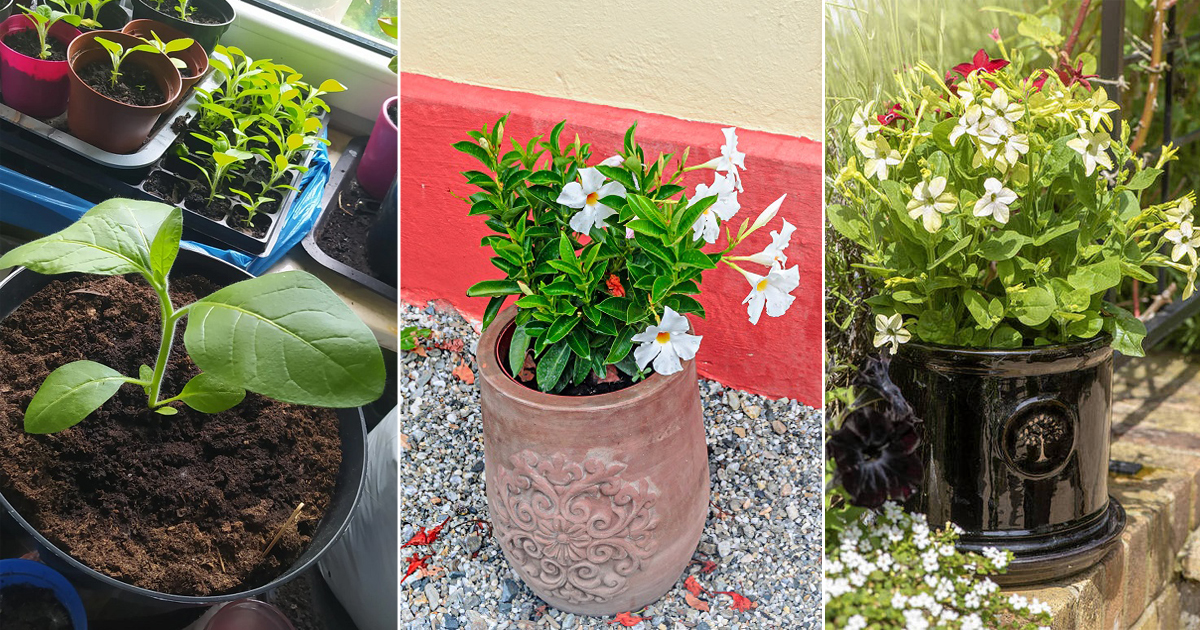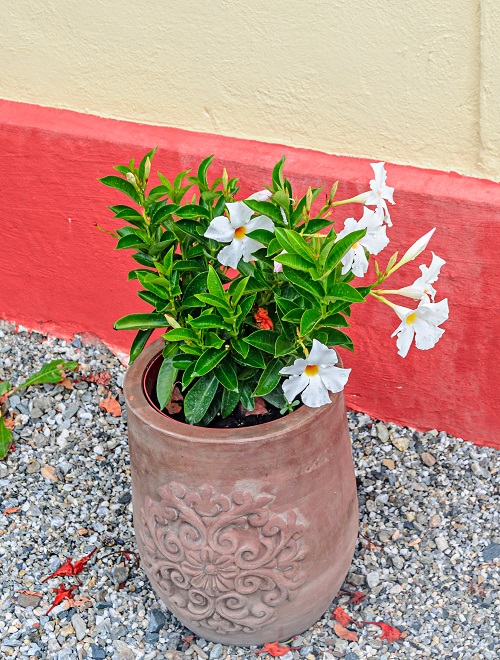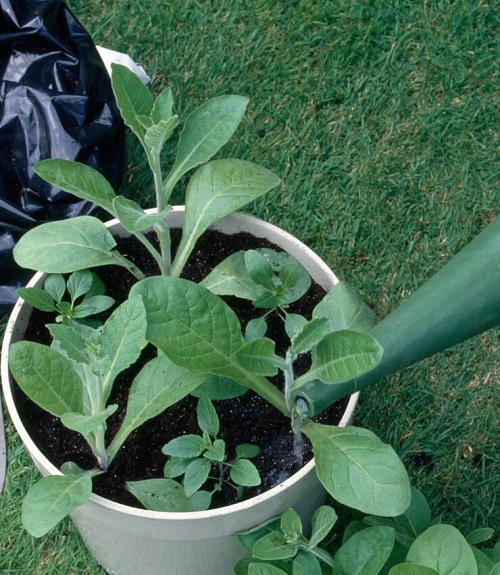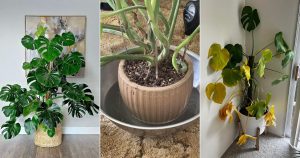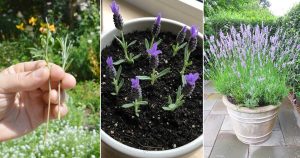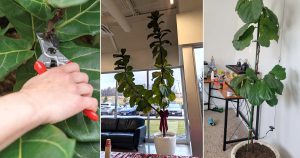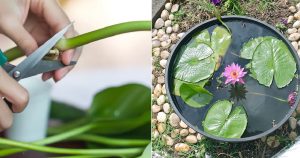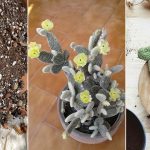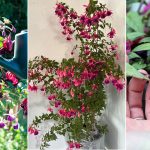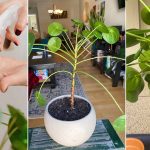Growing Nicotiana in Pots is not a difficult task; follow this detailed post and learn what this plant prefers and dislikes for lush growth.
Native to North and South America, Nicotiana comes from the Nightshade family (Solanaceae), which covers both annuals and perennials. It produces trumpet-shaped flowers in white, pink, red, and purple shades. Some varieties offer scented blooms in the evening. You can include this plant in your home gardens, learn growing nicotiana plants in pots with this post.
Propagating Nicotiana Plants
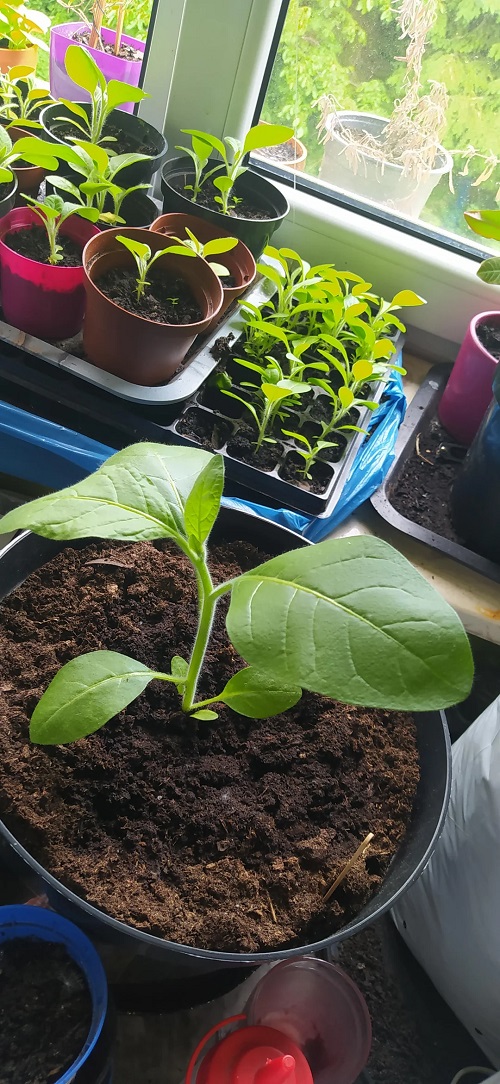
Stem Cuttings:
Take 4-6 inch stem cuttings from the healthy plants. Remove the lower leaves. Dip the cut end in the rooting hormone. Plant the cutting in potting mix and keep it moist until roots form.
Division:
Divide the root ball of mature plants into small sections in spring or fall. Make sure each division has some stems and roots. Plant the divisions in pots filled with soil.
Seed:
You can grow nicotiana from seeds, sprinkle them on the soil surface, and cover them with a thin layer of soil. Keep the soil moist till the seeds germinate.
Requirements for Growing a Nicotiana Plant
Light
Place the potted plant in a spot that receives full sun to partial shade. Nicotiana needs at least 6 hours of direct sunlight per day but can tolerate some shade. The morning sunlight is ideal.
Soil
Nicotiana plants prefer a well-draining potting mix rich in organic matter. A high-quality potting soil designed for flowering plants is ideal. Adding perlite or sand into the soil mix can further improve drainage.
Water
Nicotiana plants prefer consistently moist soil. Water the plant when the topsoil turns dry, though avoid overwatering. Do not water on the foliage as it causes fungal diseases.
Fertilizer
Apply a balanced fertilizer every 4-6 weeks when the plant is growing actively. It will boost the lush foliage and plenty of blooms.
Support
Some varieties of nicotiana can grow quite tall and may require staking or support to remain upright. Install stakes or plant cages early in the season to support the plant as it grows properly.
Deadheading
Remove spent flowers regularly to encourage continuous blooming throughout the growing season. This will also prevent the plant from self-seeding and invasive.

